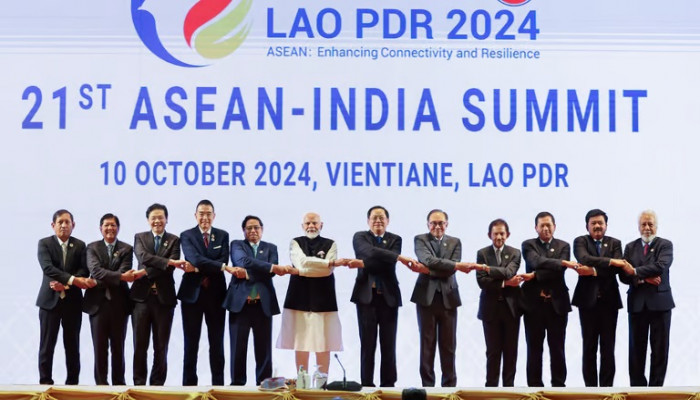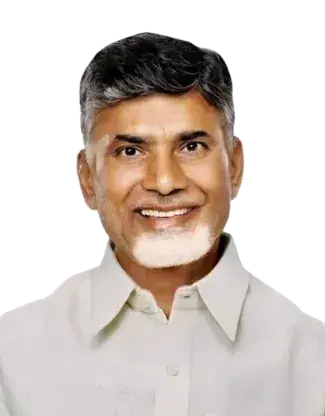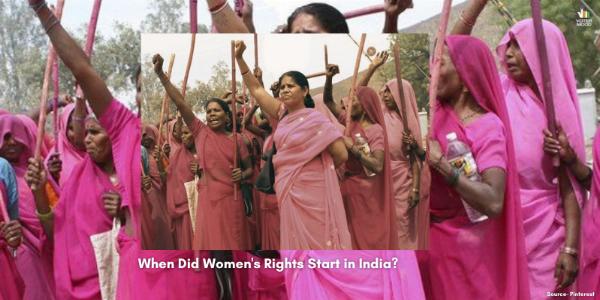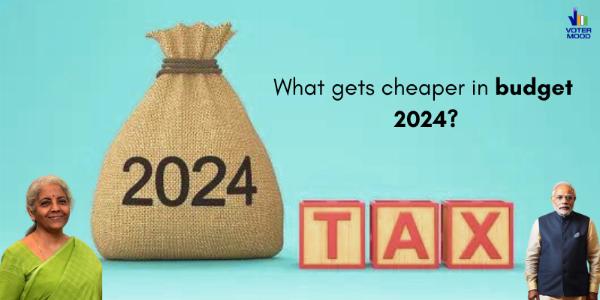List of presidents of India (1884-2025)
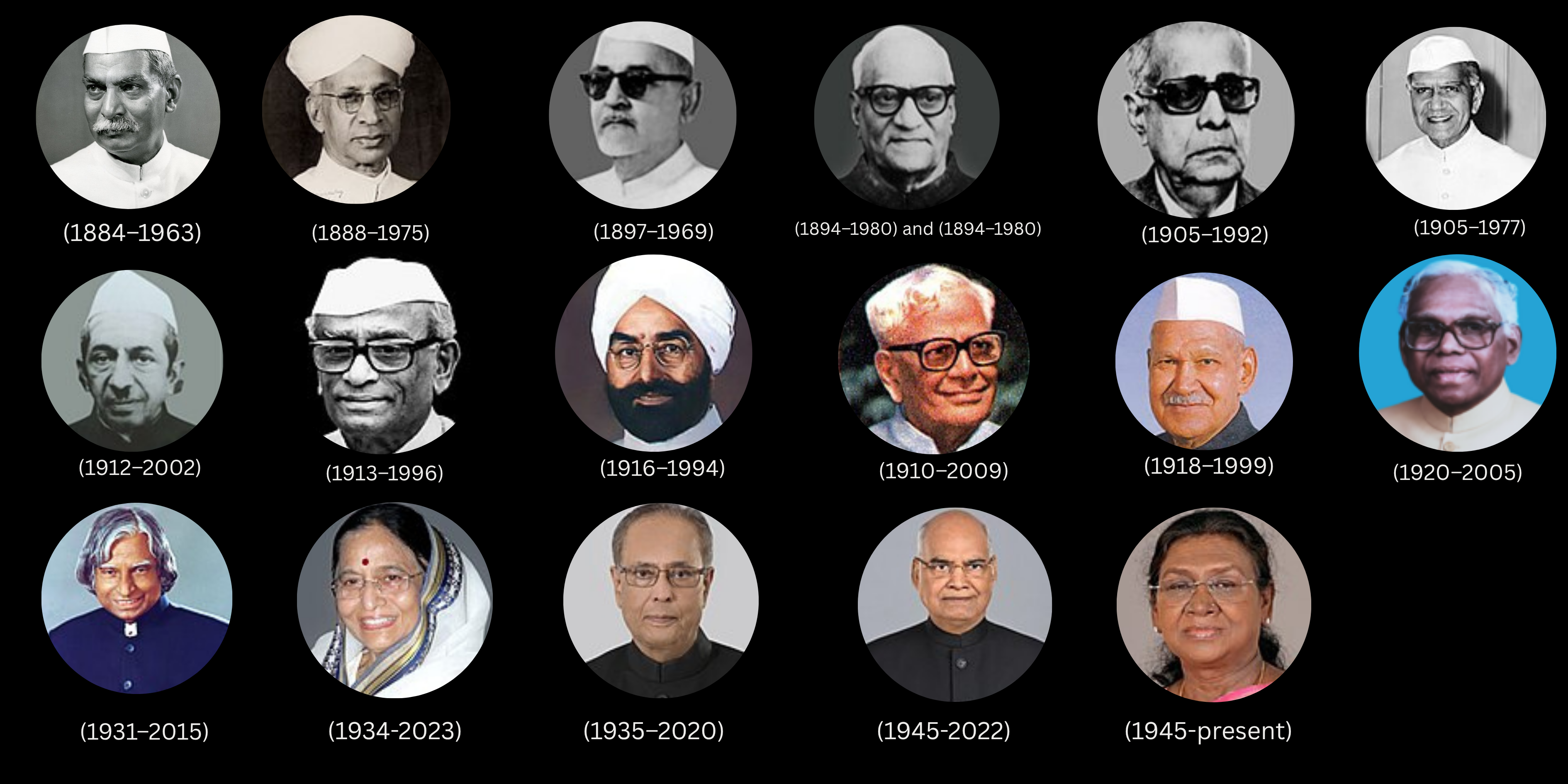
ThePresident of India presides in ceremonial affairs as the ceremonial head of state of India and the Supreme constitutional authority. Being the first citizen of India, the President has a most significant role to play because he or she needs to support the Constitution, protect democratic principles, and also represent the country at ceremonies and formal functions. The President is mostly symbolic but highly revered in his role since he is elected by the electoral college. India has produced in the past several prominent leaders who have worked in this hallowed position since the adoption of the Indian Constitution in the year 1950.
Dr. Rajendra Prasad
As an Indian independence activist, lawyer, scholar, and statesman, Dr. Rajendra Prasad (1884-1963) served as the first President of India from 1950 to 1962. He was the only President who served a full two terms in office, and he was humble, simple, and the former first President of India (1950-1962) had two tenures.
CONTRIBUTIONS:-
- Excelled and made important contributions to the Indian freedom movement and was a confidant of Mahatma Gandhi.
- Made a great contribution as President of the Indian National Congress when the nation was struggling to gain independence.
- Being a participant in the Champaran Satyagraha and the Salt Satyagraha.
- Played a key role in the Indian independence movement and in the framing of the Indian Constitution as the President of the Constituent Assembly.
Dr. Sarvepalli Radhakrishnan
A renowned philosopher, educator, and statesman, Dr. Sarvepalli Radhakrishnan (1888-1975) served as the second President of India (1962-1967) and the first Vice President (1952-1962). He is recalled to be a supporter of education, Indian culture, and philosophy.
CONTRIBUTIONS:-
- Moreover, the second President of India and the first Vice President of India.
- Spread Indian philosophy to the rest of the world, in particular Advaita Vedanta.
- Was a professor at the Oxford University, and Vice-Chancellor of Andhra and Banaras Hindu University.
- Was ambassador to India at UNESCO and to diplomatic missions
Dr. Zakir Husain
The third president of India, a post which had also been the first to be occupied by a Muslim, was Dr. Zakir Husain (1897-1969). One of the greatest educationists and co-founders of Jamia Millia Islamia, and a great believer in national integration, secularism, and education reform.
CONTRIBUTIONS:-
- Indian President (1967-1969 ) was the first President ever to pass away in office.
- Second Vice President of India (1962-1967).
- Former Vice-Chancellor and co-founder of Jamia Millia Islamia University.
- Advocated vocational/value-based education in India.
V. V. Giri
V. V. Giri (1894-1980), Educator, Trade union leader, Freedom fighter, and Indian President, V. V. Giri held the post of the fourth president of India (1969-1974). He was the first person to assume the office twice as the Vice President of India. He was the first President who was an independent candidate and the first to ascend the labor movement to the top constitutional post in India.
CONTRIBUTIONS:-
- India (1969-1974) Fourteenth President, elected as an independent.
- Vice President of India (1967-1969) and (1969-1974).
- Was an active participant in the Indian Labor movement and a leader in the All India Trade Union Congress.
- Was involved in the fight for independence, such as the Non-Cooperation Movement.
Mohammad Hidayatullah
Mohammad Hidayatullah (1905-1992) was a notable Indian jurist and statesman who was the 11th Chief Justice of India and subsequently the 6th Vice President of India. He was briefly the President of India in 1969, also.
CONTRIBUTIONS:-
- Landmark judge and judicial reformer: Chief Justice of India (1968-1970).
- In 1969 became the acting President of India following the demise of Dr. Zakir Husain.
- Vice President of India in the years I979- 1984.
- The first Muslim Chief Justice of India and one of the greatest scholars of Indian history.
Fakhruddin Ali Ahmed
The fifth President of India and second Muslim to become the President was Fakhruddin Ali Ahmed (1905-1977). He was an experienced lawyer and politician, and served in several ministries of the Union Cabinet, and played a major role within the Indian National Congress before becoming President.
CONTRIBUTIONS:-
- The 5th President of India (1974-1977).
- He is recognized to have been president during the Emergency (1975-1977) when he signed proclamations without batting an eyelid, such as that which declared the Emergency.
- Served in different ministries such as Food and Agriculture, Education, and Industrial Development as a Union Minister.
- One of the active members of the freedom movement in India and jailed when the Quit India Movement took place.
Basappa Danappa Jatti
Basappa Danappa Jatti (1912-2002) was the fifth Vice President of India, who was serving as the Acting President of India in 1977 after the sudden demise of President Fakhruddin Ali Ahmed. He was non-pretentious, honest, and committed to serving people.
CONTRIBUTIONS:-
- In a brief spell, as Acting President of India (1977).
- Vice President of India for the years 1974- 1979.
- Was the CM of Mysore State (Karnataka) between 1958 and 1962.
- Immediately served as Lieutenant Governor of Pondicherry and Governor of Odisha.
Neelam Sanjiva Reddy
Neelam Sanjiva Reddy (1913-1996), the 6th President of India (1977-1982), was unopposed in the election; this was the first instance of this happening in the Indian Presidential history. His political career was long and illustrious, and he occupied some of the most important positions in the constitution, including Speaker of the Lok Sabha and Chief Minister of Andhra Pradesh.
CONTRIBUTIONS:-
- Youngest ever to take over office as the 6th President of India for the years 1977-1982.
- The single individual who has been the President as well as the Speaker of the Lok Sabha.
- Originally the Andhra Pradesh came into being with the Chief Minister Rajahadhari.
- The other thing he was known for was his non-partisan and simple style of life
Giani Zail Singh
Giani Zail Singh (1916-1994) served as the seventh President of India (1982-1987) and was the first Sikh ever to occupy the President's post. Veteran politician as well as a freedom fighter, he was at some point the Chief Minister of Punjab and the Union Home Minister before ascending to the presidency.
CONTRIBUTIONS:-
- Seventh President of India (1982-1987).
- First Sikh President in the country.
- Chief Minister of Punjab (1972- 1977).
- He was previously serving between the Union Home Minister and later became the President.
R. Venkataraman
R. Venkataraman (1910-1992) was the 8th President of India (1987-1992). Previously, he had held important roles as Vice President of India, Union Finance Minister, and Defence Minister. He was a trained lawyer who deeply participated in the Indian liberation struggle and then contributed in a significant way to the post-independence governance of the country.
CONTRIBUTIONS:-
- The President of India (1987-1992) led the country on the course through the period of political instability with pride and tried to defend the Constitution even in the storm.
- Freedom Fighter, acted in the Quit India Movement, and was imprisoned by the British.
- Finance & Defense Minister had financial aid in enhancing the economic planning as well as defensive readiness when he was working.
- Legal and Administrative made an important contribution to drafting policies and bolstering democratic institutions.
Dr. Shankar Dayal Sharma
Dr. Shankar Dayal Sharma was a renowned Lawyer, nationalist, and Indian politician. He is known to have great knowledge of the law and the Constitution, and he had the privilege of serving the nation in several leading positions with a lot of decency and integrity.
CONTRIBUTIONS:-
- Freedom fighter: engaged in the Indian struggle for independence and was jailed under British rule.
- Legal & Academic Training: He was a scholar of Cambridge and Harvard and taught law, where he gained an international reputation through his legal skills.
- Governor & Union Minister: Has held governorship in Andhra Pradesh, Punjab, and Maharashtra before becoming a Vice President.
- Vice President of India (1987- 1992): adjudicated Rajya Sabha with fair play and constitutionality
K. R. Narayanan
K. R. Narayanan (1920-2005), 10th President of India, 1997-2002. He became the first Dalit to become the President of India. Before this, he was also the 9th Vice President of India (1992-1997). He was the most intellectual, moral person with a sense of caring; as a result, he was named the philosopher president.
CONTRIBUTIONS:-
- Diplomatic Career: Being a member of the Indian Foreign Service (IFS), served as ambassador in countries like the USA, China, Thailand, Turkey, and Japan.
- Political Life: Elected by the Lok Sabha on several occasions; he was a Union Minister in the 80s.
- Vice President and President: He was a very prominent President who also served as the Vice President; he valued the Indian Constitution so much and was not afraid to challenge the government, which made vital precedents.
- Voice to the Marginalized: Spoke out about the rights of minority, oppressed, and other marginalized groups, primarily Dalit
A. P. J. Abdul Kalam
A. P. J. Abdul Kalam (1931-2015) (also known as the Missile Man of India) was an honorary title: he was the 11th President of India (2002-2007) who was well-known aerospace scientist who worked on the development of ballistic missiles and space technologies. He received a lot of adoration because of his modesty, youth empowerment philosophy, and patriotism.
CONTRIBUTIONS:-
- Played a major role in the Indian civilian space program and the development of missile programs like AGNI, PRITHVI, etc.
- Played a major role in the nuclear tests in 1998 in Pokhran-II of India.
- ISRO and DRDO as part of the top management in the SLV-III project that led to India launching their first satellite.
- He was popularly known as the People's President since he was able to mingle with the younger generation.
Pratibha Devisingh Patil
The 12th President of India (2007-2012) and the first lady president was Pratibha Devisingh Patil (born 1934). In her long political career, mostly in Maharashtra, she has held several ministerial portfolios, and she is the President as of now.
CONTRIBUTIONS:-
- A woman is the first President of India, and this shows a significant achievement in female representation in the top seat of government.
- During her reign, she concentrated on matters that concerned women's empowerment, education, and health care.
- Worked as the Rajasthan governor and then as the President.
- The elected member of the Maharashtra Legislative Assembly on various occasions and served key posts, including Public Health, Social Welfare, and Education.
Pranab Mukherjee
Pranab Mukherjee (1935-2020) was a leader of the Indian National Congress and the 13th President of India (2012-2017). He was renowned as an expert in matters of parliament and governance and had held senior positions in the Indian government for more than 50 years.
CONTRIBUTIONS:-
- He was a non-partisan and honorable President who was respected by all in different political parties.
- Bent on maintaining the integrity of the Constitution and democratic institutions.
- Had held senior portfolios such as Finance, Defence, External Affairs, and Commerce.
- Influenced extensively in the economics and foreign policies of the state of India.
Ram Nath Kovind
Ram Nath Kovind (born 1945) is the 14th President of India, who served between 2017 and 2022. He was a former Governor of Bihar and Member of Parliament, associated with law, education, and was an advocate of social justice, particularly for the marginalized society.
CONTRIBUTIONS:-
- I never compromised the dignity and decorum of the office as President and thus promoted constitutional governance.
- Highlighted on inclusive development and the relevance of education and empowerment, especially to the poor.
- In the Supreme Court of India, worked as an advocate.
- Worked as Governor of Bihar (2015-2017), where he introduced transparency as well as education reforms.
Droupadi Murmu
The current 15th President of India is Droupadi Murmu, born in 1958, and the first tribal woman to hold the position. She is also the youngest-ever President of India and the second woman to hold the position, which she took the oath of office on 25 July 2022.
CONTRIBUTIONS:-
- The first Indian tribal labor of the indigenous tribal population of India (Santhal tribe) to have assumed the office of the President.
- The emblem of comprehensive democracy, a cultural symbol of the dreams of the tribal and marginalized communities.
- Being Governor of Jharkhand (2015-2021), she became the first tribal woman Governor of an Indian State.
- State: Member of the Odisha Legislative Assembly; deputy minister in the state administration in the areas such as commerce, transport, and fisheries.
The Indian Presidency reflects the Indian nation itself on this path of transformation and development - moving on the path of the formation of the young state after gaining its independence, to becoming a democratic state of the modern world. Every President having a different background and different contributions has written a chapter to the constitutional legacy of India. The role is mostly ceremonial, but the moralistic and constitutional power entrusted on the President is crucial in the operation of Indian democracy. Holding the office has signified unity, integrity and diverse spirit of India, in the case of Dr. Rajendra Prasad to Droupadi Murmu.
Note: IndiBlogHub features both user-submitted and editorial content. We do not verify third-party contributions. Read our Disclaimer and Privacy Policyfor details.



